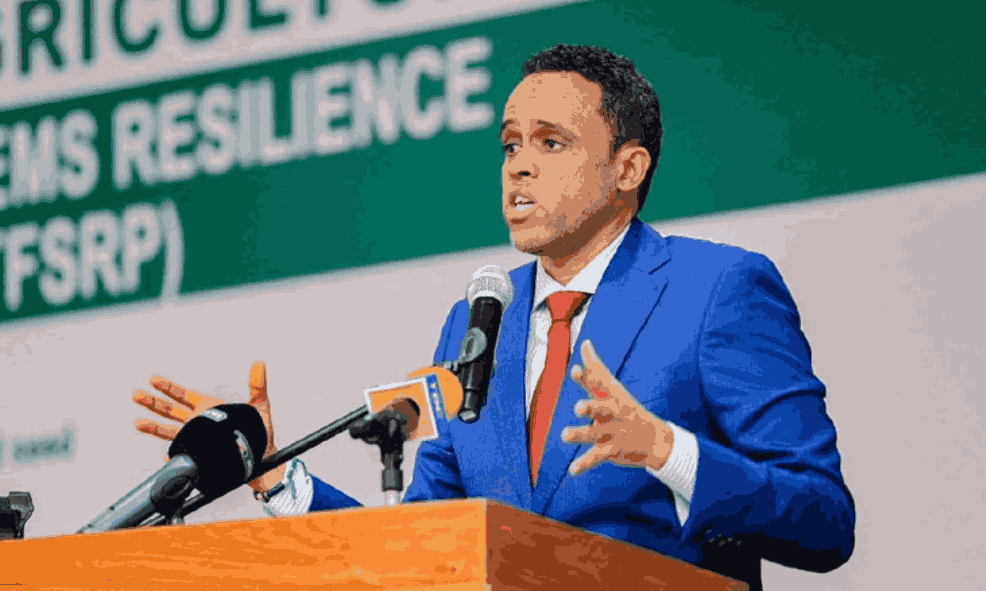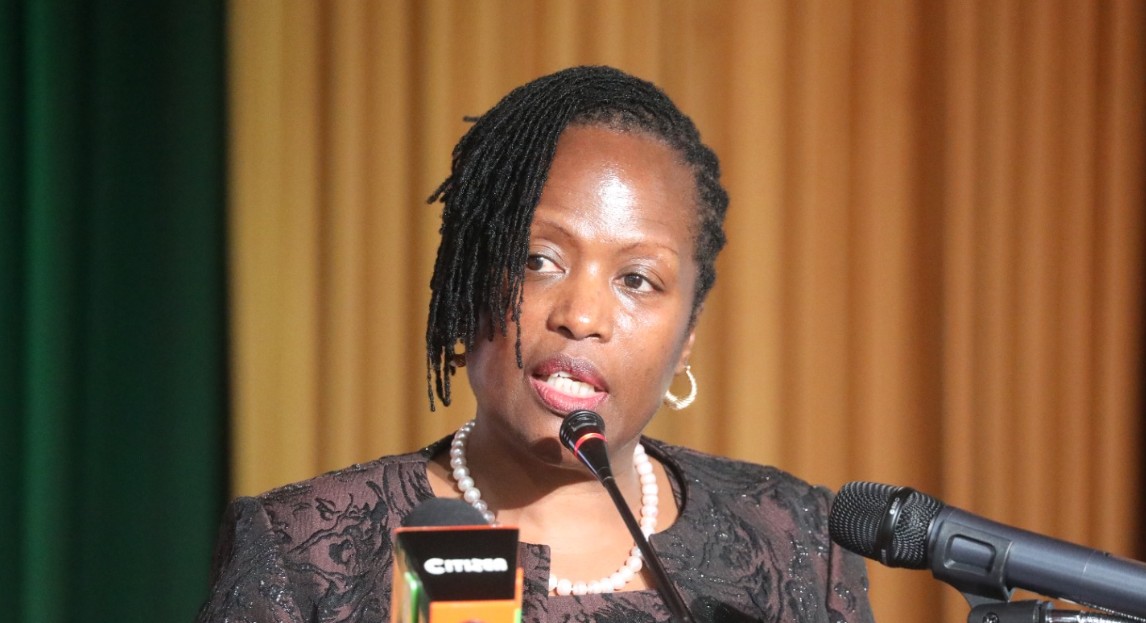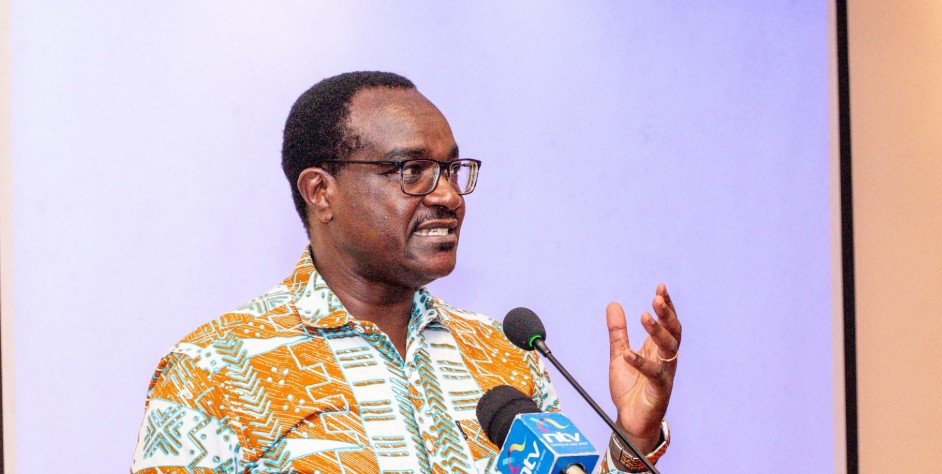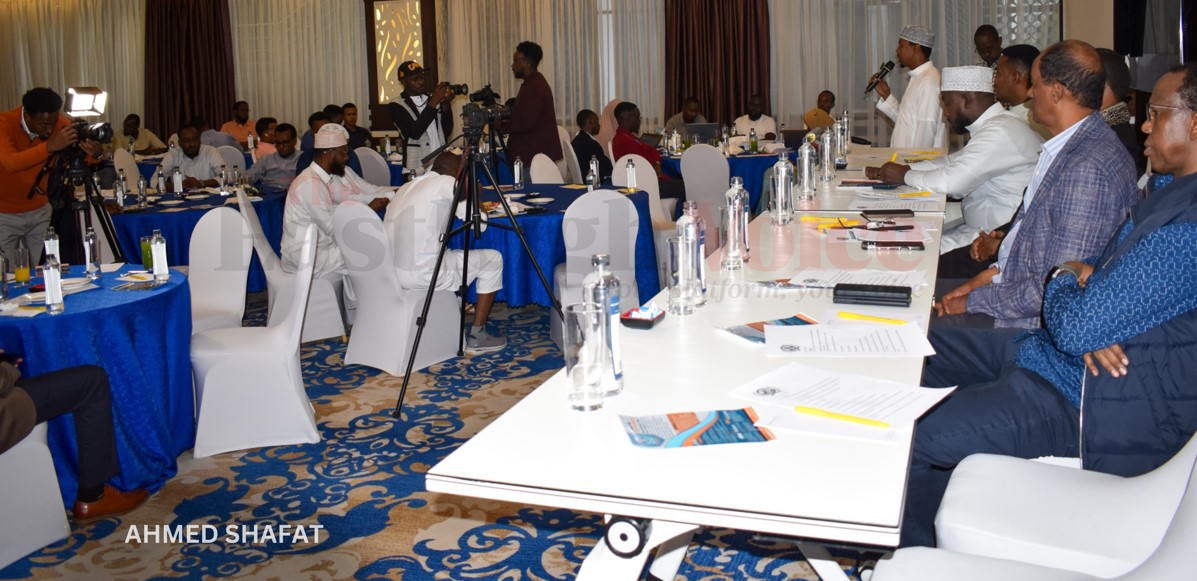Spike in infant hydrocephalus cases alarms Kilifi doctors amid stigma, treatment gaps
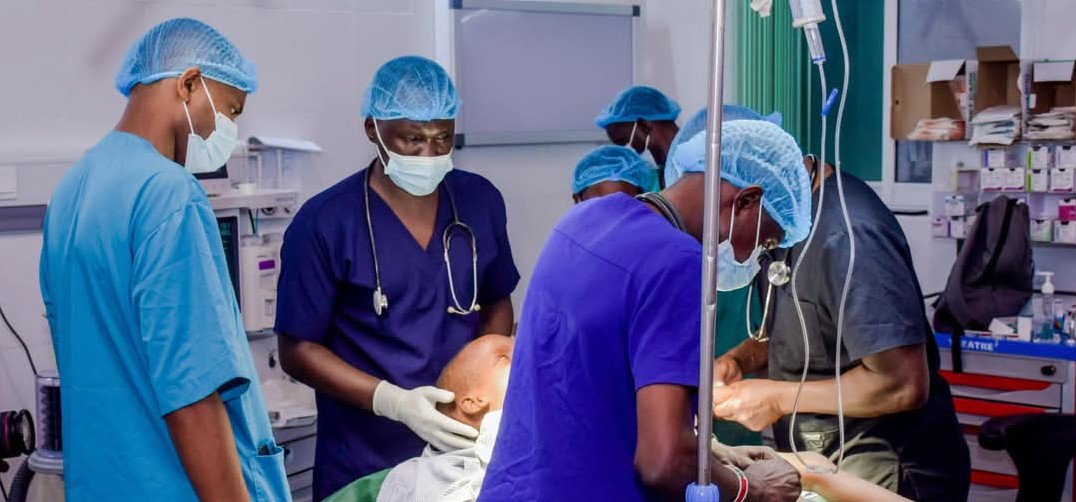
Dr Matano Kibwana, a specialist at the hospital, disclosed that rural clinics are registering over 20 new cases of babies with hydrocephalus each month.
A surge in the number of infants born with hydrocephalus in Kilifi County has raised the alarm among healthcare professionals and parents, as concerns grow over stigma, lack of awareness and limited access to treatment.
Hydrocephalus, a neurological condition marked by the abnormal build-up of cerebrospinal fluid (CSF) within the brain, results in an enlarged head and can lead to severe developmental impairments if left untreated.
More To Read
Medical practitioners at the Kilifi County Referral Hospital are reporting an uptick in such cases.
Dr Matano Kibwana, a specialist at the hospital, disclosed that rural clinics are registering over 20 new cases of babies with hydrocephalus each month.
“We currently have 36 children undergoing treatment at our hospital, but the figures have been steadily increasing. Reports from community-level health centres indicate a very high prevalence,” he said.
Limited public awareness
Kibwana attributed the rising numbers to several factors, key among them being limited public awareness.
“It is crucial for women to begin taking folic acid supplements at least a month before conception. Moreover, antenatal visits to accredited healthcare centres are essential to detect any anomalies early,” he advised.
The doctor expressed concern over the scarcity of specialised personnel, especially neurosurgeons, who are critical in diagnosing and managing the condition.
“Early diagnosis by paediatricians and gynaecologists, followed by timely referral to neurosurgeons, can greatly improve outcomes,” he added.
He also warned of the grave consequences of untreated hydrocephalus, which include irreversible brain damage and profound disabilities such as impaired mobility and speech.
“Prompt surgical intervention can save lives and improve quality of life,” he emphasised.
After birth infections
In some cases, hydrocephalus is triggered after birth by infections such as meningitis, sepsis, or viral illnesses, making prevention and early medical intervention even more vital.
However, cultural beliefs and deep-rooted stigma continue to hinder progress.
In many communities within Kilifi, children born with hydrocephalus are perceived as a curse or a bad omen. This has led to distressing practices, including parents turning to witch doctors or, tragically, abandoning or starving their children.
Prof Nimrod Mwang’ombe of the Kenyatta University Teaching, Referral and Research Hospital urged families to come forward and seek help rather than hiding affected children.
“We must dismantle the stigma. These children need medical support, not rejection,” he asserted.
Kilifi Governor Gideon Mung’aro highlighted the county's ongoing efforts to support children living with disabilities, including those affected by epilepsy.
“Kilifi has over 2,000 epilepsy patients. We are spending more than Sh 4 million monthly on medication alone, with each patient requiring around Sh 2,000 worth of drugs,” he said, adding that similar commitment is being extended to children with hydrocephalus.
Top Stories Today



